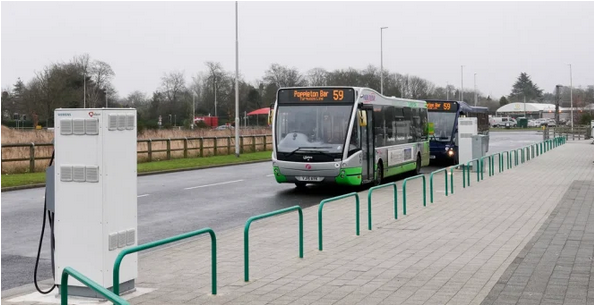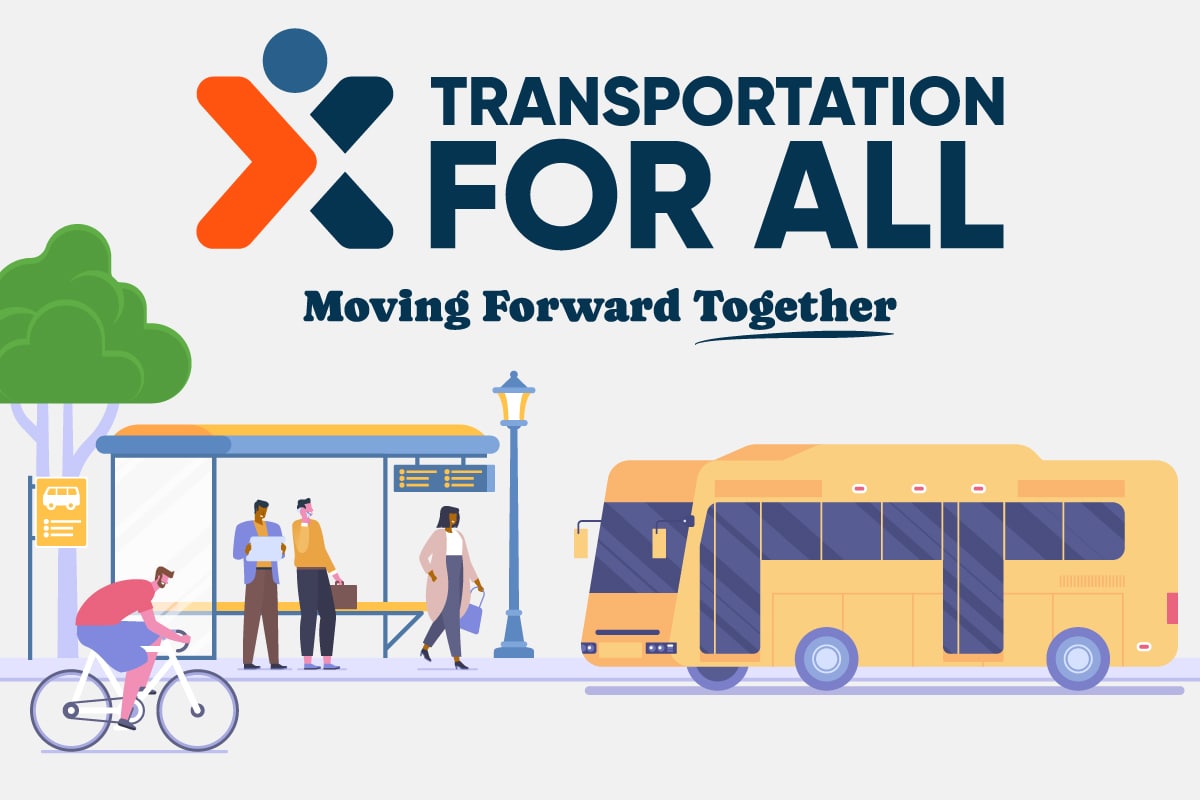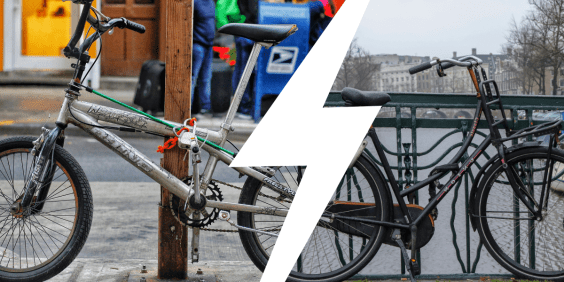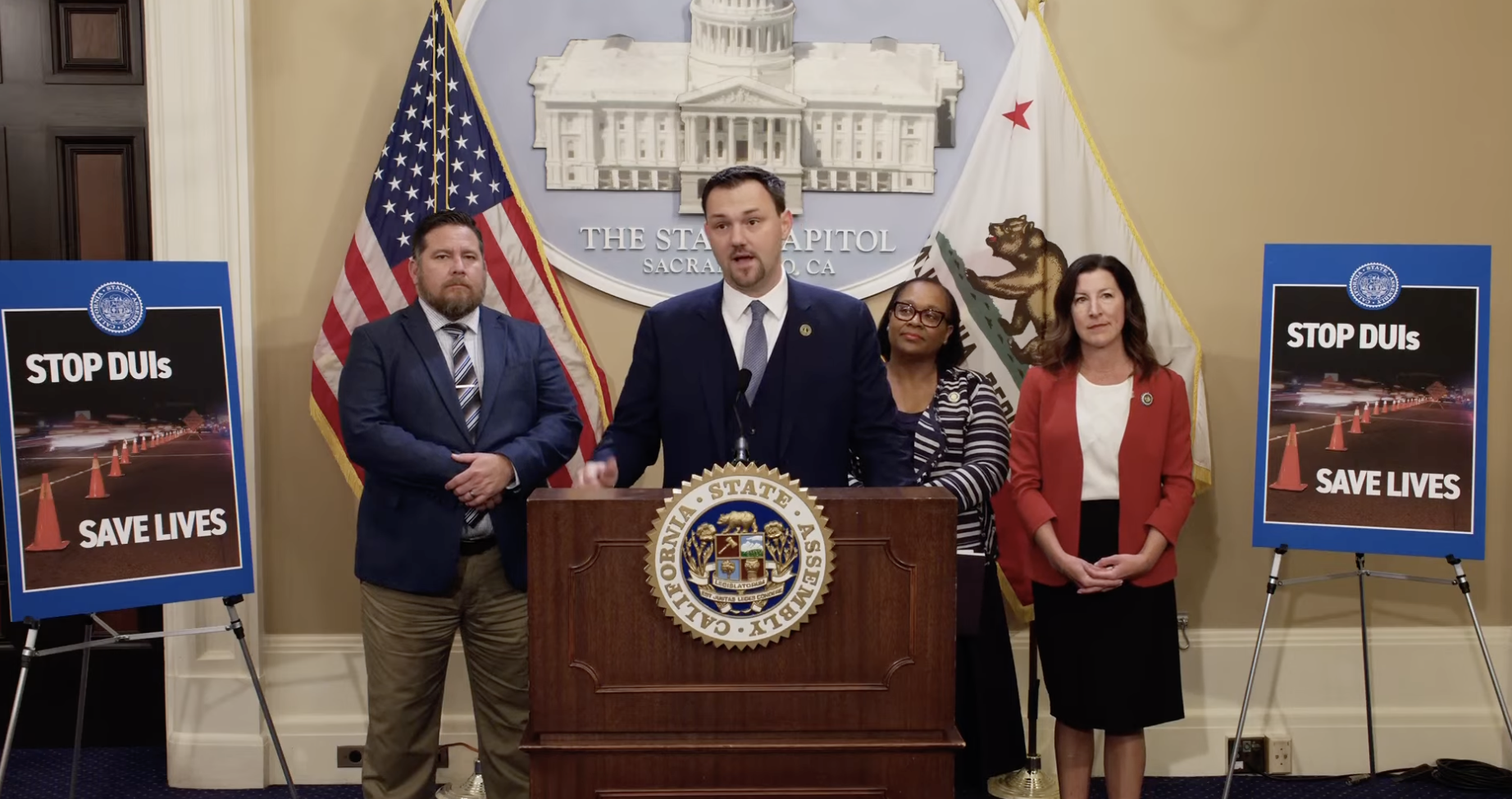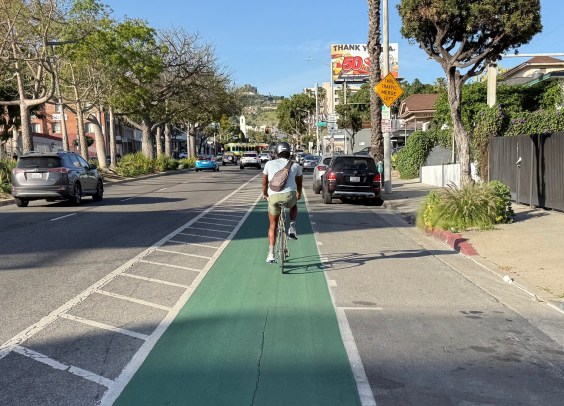Two Democratic senators want to give (almost) the same amount of funding to transit agencies to electrify nation’s bus fleet as President Biden promised to private drivers to electrify their cars.
On Tuesday, Senate Majority Leader Chuck Schumer (D-N.Y.) and Senator Sherrod Brown (D-Ohio) introduced the Clean Transit for America Plan, which would provide $73 billion to accelerate electric bus adoption across the country. If it passes in concert with the President’s American Jobs Plan, which provided another $25 billion towards transit electrification, it would mean that EV buses and other vehicles would get close to the President’s $100-billion rebate program aimed at putting EVs into the garages of American residents.
That would be critical step towards parity in the Biden administration’s efforts to clean up the transportation sector, which critics say has favored car-focused solutions over mass modes, despite historic investments in both. The American Jobs Plan would provide more federal funding for Amtrak than it has gotten in its entire 50-year history combined while more than doubling funding for transit maintenance and expansion, totaling about $210 billion for shared modes. But about the same amount of money ($205 billion) was earmarked specifically for drivers in the form of highway maintenance dollars, electric vehicle rebates, and investments in charging infrastructure that advocates expect to be concentrated on highways.
The addition of the Clean Transit plan would certainly do more to help our national climate outlook than the American Jobs Plan alone. Researchers at RMI recently found that America will fall short of its goal of limiting global warming to 1.5 degrees Celsius unless it shifts 20 percent of vehicle miles travelled out of cars and onto shared and active modes by 2030, even if nearly 100 percent of new vehicle sales were transitioned to electric vehicles over the same period.
There’s broad consensus that a robust government investment is necessary. Unlike electric cars, which have long been a darling of venture capitalists, electric buses have struggled to gain a foothold in U.S. communities, thanks to high up-front costs that cash-strapped transit agencies can’t afford. The average electric bus can cost north of $850,000, more than twice the cost of one that runs on fossil fuels; as a result, only two percent of buses nationwide are zero-emission (even though they are usually cheaper to fuel and maintain than diesel buses once they’re actually on the road).
But many details of the plan remain unclear. The fact sheet for the bill didn’t outline whether the purchase of electric buses would be used primarily to expand and improve transit service, or simply to replace gas-guzzling buses on the limited routes cities have now. Nor did it specify how much of the money would go towards the direct purchase and maintenance of e-buses and their charging infrastructure, as opposed to research initiatives to decrease prices and increase the driving range of electric fleets overall. Some cities with long routes have struggled with the logistics of charging, especially in extremely cold or extremely hot weather, when battery longevity nosedives.
Still, advocates were optimistic that a massive deluge of government money will spur the industry to address these challenges — and it can’t happen a moment too soon.
“This forward-thinking investment will spur innovation, clean the air in our communities, and help us address the dramatic impacts of climate change across the nation,” said American Public Transportation Association President and CEO Paul Skoutelas. “[It’s] game-changing."
